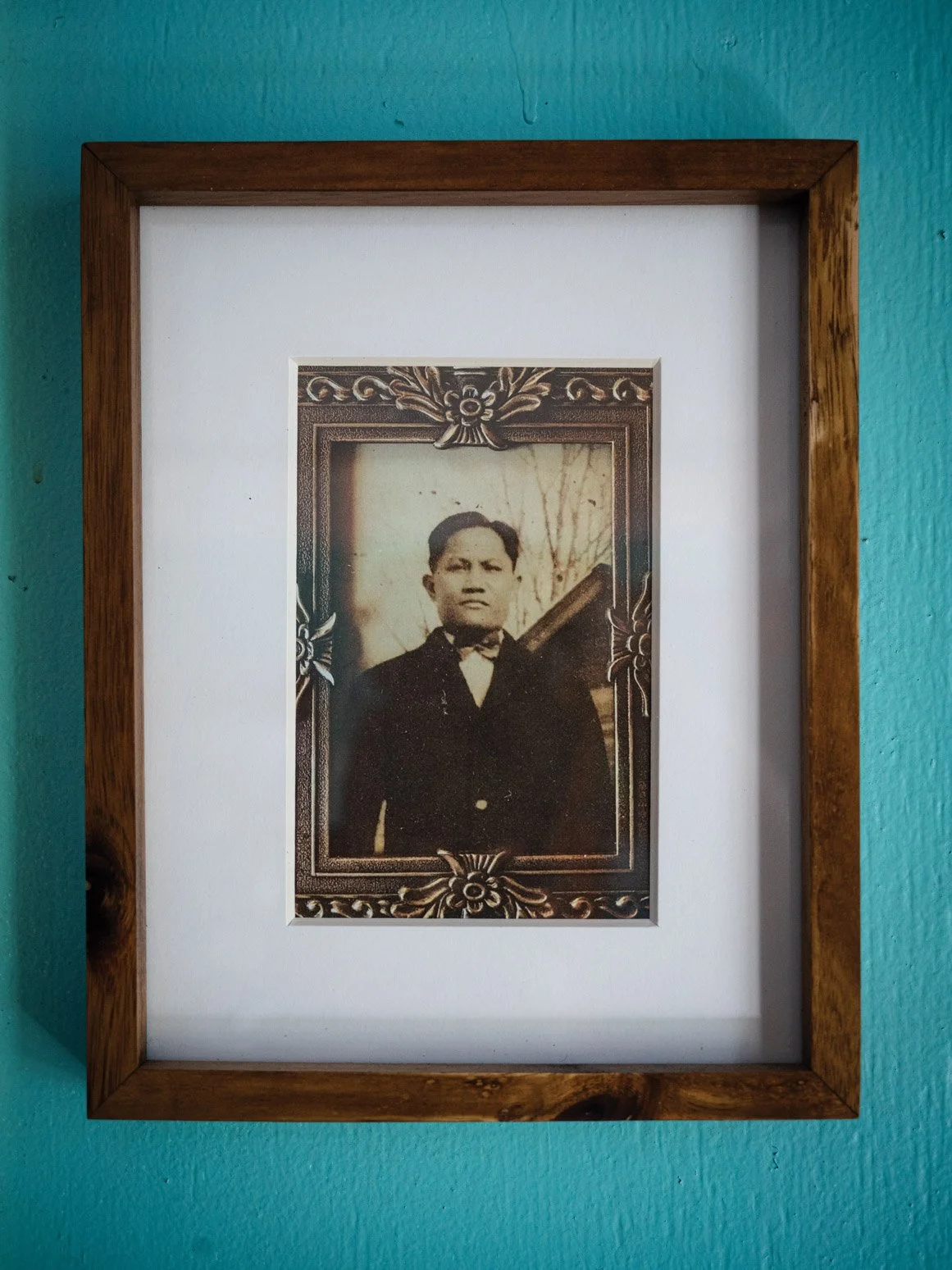COMMUNITY SESSIONS
DEREK ORBISO DIZON
My favorite memories are of the big Filipino parties in my childhood home! These parties were always filled with feasts, screaming children, elders dancing the night away, uncles playing mahjong with their glasses full of Crown, and tsismis-loving aunties hovering over simmering ginataang bilo-bilo on the stove. Off in the distance, you’d hear an elder belting out Whitney Houston or Elvis Presley on the karaoke. Nothing beats Filipino parties in the ’90s!
Founder of A Resting Place
he/him
Family origin: Ilocos Sur, Bicol, Cebu, Masbate
BA in Asian American Studies and Master's Degree in Clinical Social Work University of Washington
To be Filipino is to acknowledge and celebrate the diversity of who we are as a people—originating from various and distinct islands, customs, languages, spiritual beliefs, stories, ways of being, and lived realities. To be Filipino is to occupy an identity that is neither a monolith nor static. Filipino culture is active! It transforms and responds to ever-changing social currents while simultaneously honoring ancestral practices.
To me, being Filipino is to know the vastness and possibility of who we are and who we have been as a people. For Filipinos in America, it’s important to envision our cultural identities beyond the limiting perceptions and expectations of mainstream thought—this includes not only the pressures of dominant society, but also the internalized notions of who we “ought to be” within our own families and community.

MY INSPIRATION
My mother, Phoebe.
Growing up, I always heard the phrase “Ang tigas ng ulo!” which translates to “hardheaded” or “stubborn.” This phrase was thrown at me often, and I heard it said about others in the community too. Despite its negative connotation, I’ve come to appreciate the tigas ng ulo of our people.
Over the years, I’ve seen this “hardheadedness” lived out as determination—to be daring, to keep struggling toward something despite how hard or impossible it seems. To me, it captures Filipinos’ capacity to endure. These days, I think of my own tigas ng ulo-ness as a kind of drive or motivation. While my take might be different, this type of stubbornness feels like something that connects me to Filipino culture every single day.












